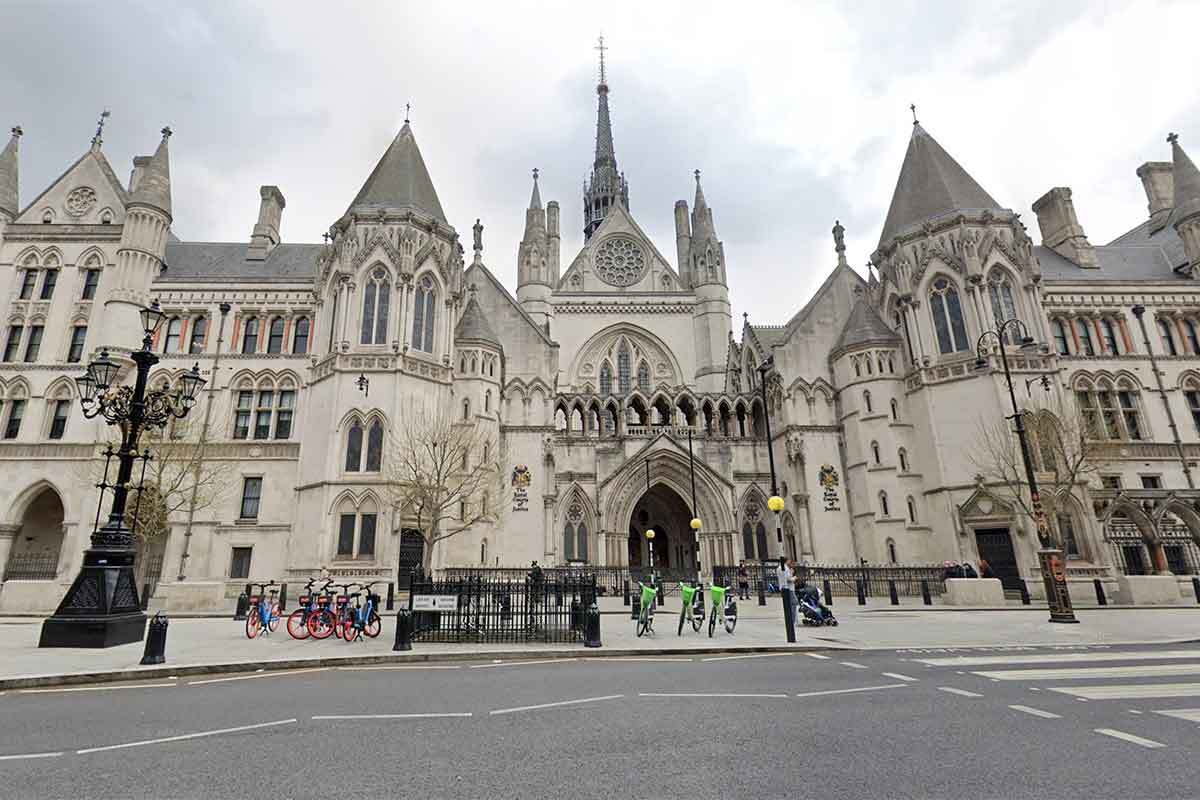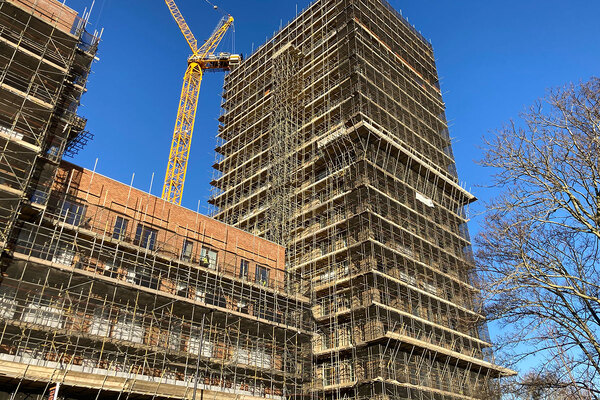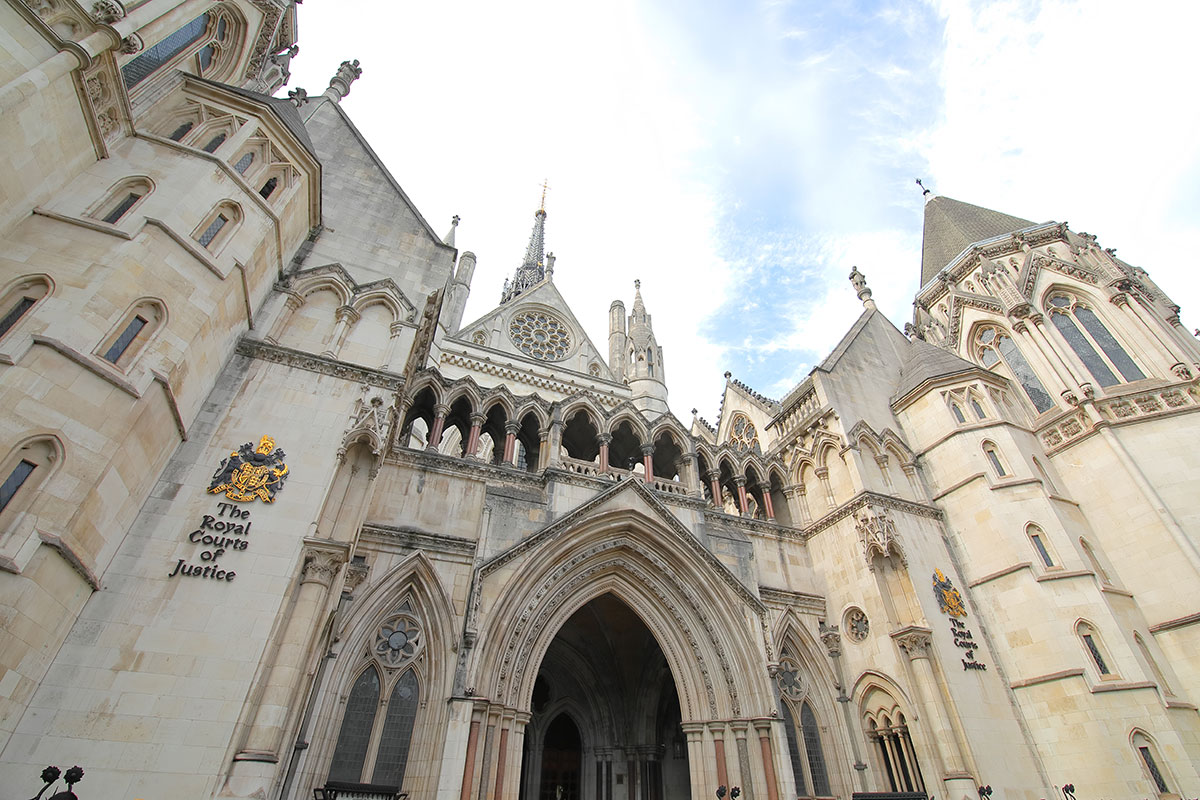You are viewing 1 of your 1 free articles
High Court rules council can exclude tenants with disabilities that may contribute to ASB from social housing
A High Court decision has confirmed that an East Sussex council is able exclude people with disabilities that may contribute to anti-social behaviour (ASB) from social housing.
The claimant who suffered from autism, ADHD and alcohol dependency brought a judicial review claim against Eastbourne Borough Council after being evicted from her home due to ASB.
Three of her grounds alleged different forms of disability-related discrimination under the Equality Act 2010. Another three challenged the clarity and flexibility of the disqualifying rule on public law grounds.
The claimant also has a history of experiencing domestic abuse, and had reapplied for social housing but was denied on the basis of past conduct by both herself and her partner, who has since passed away.
The council’s rules dictate that exclusion from social housing is acceptable in cases where “anti-social behaviour is serious enough to make them unsuitable to be a tenant”.
This included any behaviour that would have “entitled the council to a possession order under certain grounds contained in the Housing Act 1985”.
Guidance for local authorities stated: “Housing authorities should avoid setting criteria which disqualify groups of people whose members are likely to be accorded reasonable preference for social housing, for example on medical or welfare grounds.
“However, authorities may wish to adopt criteria which would disqualify individuals who satisfy the reasonable preference requirements. This could be the case, for example, if applicants are disqualified on a ground of anti-social behaviour.”
In the past year, only the claimant and one other applicant had been disqualified from joining the waiting list under the council’s ASB policy.
The claimant argued for greater flexibility in decision-making and invited the court not to follow precedent set out by an earlier allocations case. However, the High Court asserted there was no requirement for decision-makers to exercise residual discretion and that the current policy was sufficiently flexible.
The court did acknowledge that there is very little publicly available evidence linking neuropsychiatric disabilities and housing-related ASB and that no data has been collected by the government on this issue.
As a result, the claimant cited research by the Bureau of Investigative Journalism (BIJ) and the Disability Rights Commission (DRC) to establish the link.
The article by the BIJ argued that people with mental illness were very likely to commit the types of ASB that would make them unsuitable to be a tenant and that in some cases were being sent to jail after being evicted by social landlords.
At the same time, the DRC report’s findings, although not conclusive, “do point to evidence that the subjects of anti-social behaviour interventions often have mental health problems, learning difficulties and neurological disorders”.
The DRC concluded that “we can say with some degree of certainty that a large percentage of those subject to anti-social behaviour measures appear likely to have, or have a diagnosis of, ADHD”.
Despite both pieces of research showing this correlation between autism and ADHD and ASB, the court held that not only were they insufficient, but that the claimant had not proved a connection between her own disabilities and the effect they have on her behaviour.
In response, Eastbourne Borough Council, said: “This is a difficult and complex set of circumstances, and we worked hard with the claimant to understand and address the underlying issues that resulted in the anti-social behaviour.
“Ultimately, the High Court agreed that our actions were in keeping with legal guidelines and there was no contravention of the Equalities Act 2010 in this case, as claimed.”
Sign up for our regulation and legal newsletter
Already have an account? Click here to manage your newsletters












